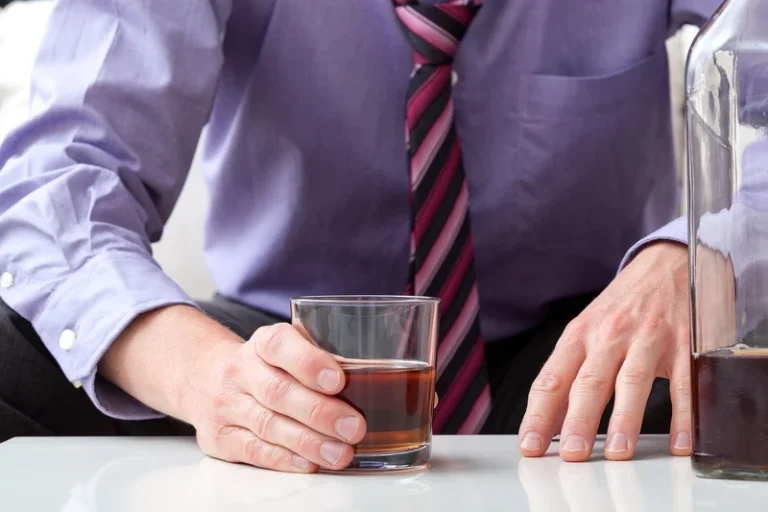
African American and Native American people had the highest rates of fatal overdoses in 2021. Rapper Kid Cudi’s troubles with co-occurring disorders are well-known. Early in his career, he used cocaine and marijuana to cope with newfound fame and alleviate his years-long battle with anxiety and depression. In his music, he reveals the mental health problems that have plagued him for years. In November 2017, Lil Peep posted a series of messages, images and videos to Instagram. In one post, he talked about how he relied on prescription pills for happiness, but that the feeling was always fleeting.

The U.S. Drug Epidemic Is An Ongoing Crisis & Hip Hop Is One Of Its Many Victims

This is not an article telling anyone how to live; this is not an article advocating the wisdom or foolishness of different paths. What they have in common is that they are all, by their own account, for now, living sober. And quite evidently they all strongly believe—whatever their varying reasons and circumstances and perspectives and challenges—that sobriety has made life better.
Tyler, the Creator
“…I actually looked in the mirror and saw myself deteriorating. I was like man we’re doing too much. Way too much.” Along with being sober, Andre 3000 has also been a vegetarian for nearly two decades. Spurred by the arrival of Cypress Hill’s self-titled debut album in 1991 and Dr. Dre’s The Chronic in 1992, marijuana’s popularity increased exponentially, peaking in 1993 as the most popular drug in hip-hop. By the mid-1990s, the percentage of rap songs with drug references increased from just four tracks in the early 1980s to 45 percent of all hip-hop tracks. Rappers and drugs go back like babies and pacifiers.
- He’s stayed independent for his entire career, remains dedicated to never selling out or compromising, and keeps evolving with each project.
- A few months later, he met with President Barack Obama at the White House to discuss the realities of this disease.
- His traumatic upbringing brought on bouts of anxiety and depression.
- At the same time, it’s always going to stay the same too.
- While cocaine dominated the first half of the 2000s, another trend was brewing.
Tyler, The Creator
He’s stayed independent for his entire career, remains dedicated to never selling out or compromising, and keeps evolving with each project. He’s comfortable with his career, ready to release new music with a strategy in mind, and he’s noticed that more people are listening now than ever before. Five years after his debut project, Lucki might finally be ready for rappers who are sober his breakthrough moment…
- Because of its euphoric properties, a host of rappers over the years — from Eminem to Kanye West — have espoused the drug in music.
- Although there are new movements promoting mental health awareness and self-care within the hip-hop community, fans still praise the destruction of the genre’s biggest artists.
- From heroin and cocaine in jazz and R&B, to acid in funk, to marijuana and Ecstasy in hip-hop, narcotics have been a not-so-silent partner to the sound and the subjects in black music.
- For years, rap music has glorified substance use, portraying getting high as an activity with little consequence.
- When it got so bad that he started subconsciously plotting his death, he knew something had to change.
From heroin and cocaine in jazz and R&B, to acid in funk, to marijuana and Ecstasy in hip-hop, narcotics have been a not-so-silent partner to the sound and the subjects in black music. Songs like these highlight the connection between music, artists, and fans and how each reflects the other. Hip Hop’s influence is indeed definitive, hardened and tangible. But even its artists, fans and utmost steadfast participants aren’t immune to the pitfalls induced by culture in the United States. A rapper merely echoes his environment, surroundings, influences and experiences.

After the incident, he picked himself up and got sober in 2008. Eminem’s battle with addiction is documented in some of the rapper’s albums. Relapse and Recovery, in particular, are two concept albums that detail the rapper’s relapse and recovery from drug addiction. Eminem has spoken candidly about his past struggles with substance use.